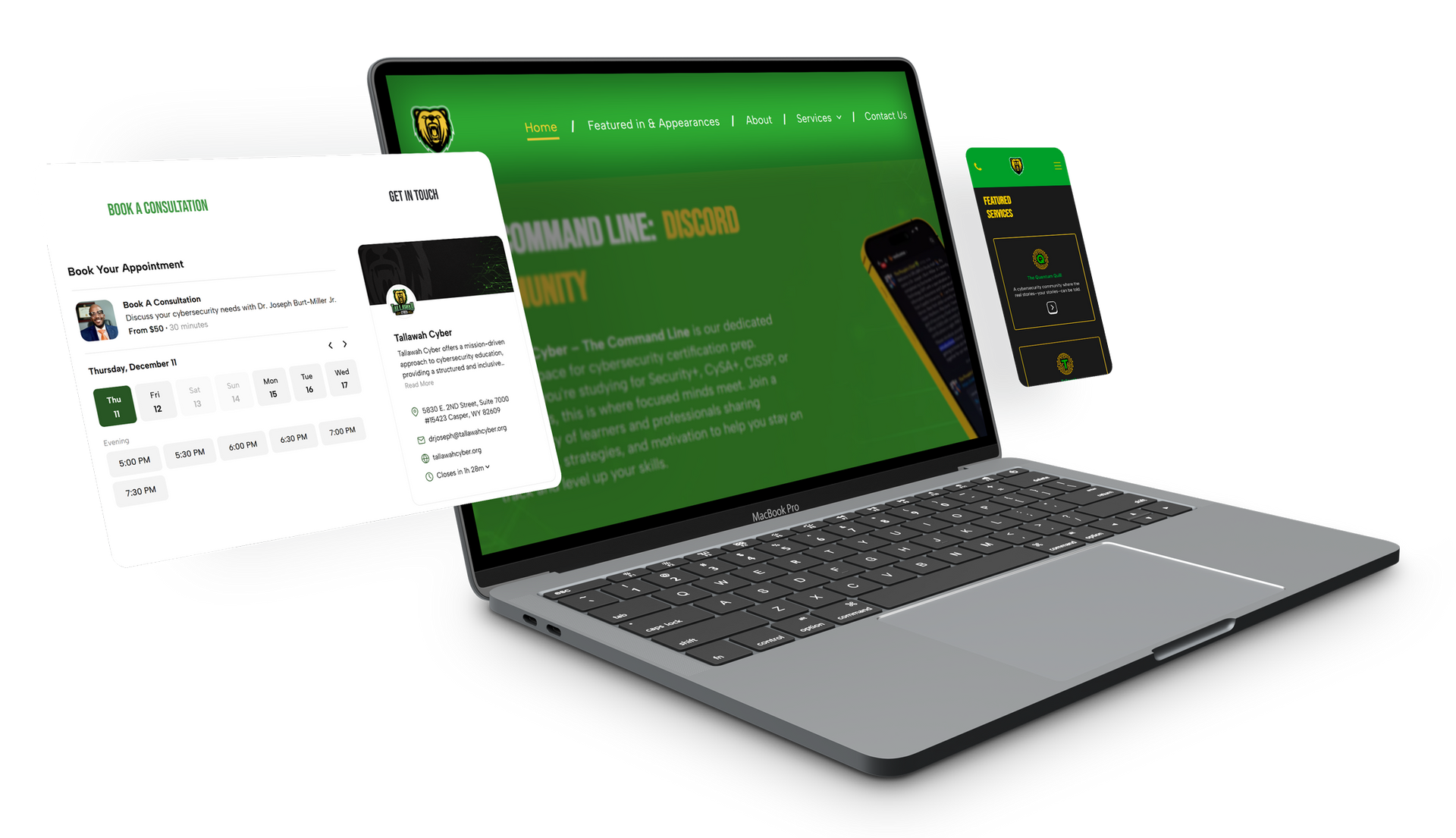Can you get a mortgage on a home when self employed?
Written by the design team at HVD Studios, LLC
Navigating the Mortgage Landscape as a Self-Employed Professional

We realize this topic is completely unrelated to what we do, but still, don't let your status as a self-employed business owner prevent you from pursuing a dream of home ownership. It's very possible to get your own home with diligence, patience, and hard work!
As a website design and graphic design company, we get asked our fair share of business related questions but one client who was a bit nervous venturing out on her own mentioned her ability to get a mortgage. While we consider ourselves experts in the arts, we are, by no means, experts in real estate so we reached out to a client who provided a few pointers regarding this topic.
Getting a mortgage is often seen as a daunting task, even more so if you’re self-employed. Lenders typically favor applicants with regular paychecks and employment stability, which can make securing a mortgage as a self-employed individual seem challenging. However, with the right preparation and understanding of what lenders are looking for, you can successfully navigate the mortgage process and secure the home of your dreams. Here’s a comprehensive guide to help you get started.
1. Understand What Lenders Look For
Income Stability
Lenders want to see that you have a stable and reliable income. Unlike salaried employees, self-employed individuals need to demonstrate that their income is consistent over time.
Credit Score
Your credit score plays a crucial role in mortgage approval. A higher credit score can not only increase your chances of approval but also help you secure a better interest rate.
Debt-to-Income Ratio (DTI)
This ratio compares your monthly debt payments to your monthly gross income. Lenders use this metric to determine your ability to manage monthly payments and repay the loan.
Financial Documentation
Self-employed applicants need to provide extensive documentation to verify their income. This typically includes tax returns, profit and loss statements, and bank statements.
2. Prepare Your Financial Documents
Tax Returns
Lenders usually require two years of personal and business tax returns. These documents help verify your income and assess its consistency.
Profit and Loss Statements
Prepare up-to-date profit and loss statements for your business. These should be professionally prepared to ensure accuracy and credibility.
Bank Statements
Lenders may ask for personal and business bank statements from the past few months. These help verify your current financial status and cash flow.
Other Financial Records
Be ready to provide additional documentation such as 1099 forms, proof of business ownership, and a business license if applicable.
3. Improve Your Financial Profile
Boost Your Credit Score
Pay off debts, make timely payments, and avoid opening new lines of credit in the months leading up to your mortgage application.
Lower Your Debt-to-Income Ratio
Increase your income or pay down existing debt to improve your DTI ratio. This makes you a more attractive candidate to lenders.
Save for a Larger Down Payment
A larger down payment reduces the lender's risk and can improve your chances of approval. Aim for at least 20% to avoid private mortgage insurance (PMI).
4. Choose the Right Lender
Specialized Lenders
Some lenders specialize in working with self-employed individuals. They might have more flexible requirements and a better understanding of your unique financial situation.
Compare Offers
Shop around and compare mortgage offers from different lenders. Pay attention to interest rates, terms, and fees to find the best deal.
5. Be Prepared to Explain Your Business
Write a Letter of Explanation
Prepare a letter that explains your business, its history, and its financial stability. Highlight factors that demonstrate your ability to repay the loan, such as long-term contracts or consistent revenue streams.
Provide Client Contracts
If possible, provide contracts or letters from clients that indicate ongoing and future work. This can help establish the stability of your income.
6. Consider a Co-Signer
If your income alone isn’t enough to qualify for a mortgage, consider asking a close family member to co-sign. A co-signer with a strong financial profile can boost your application, but remember, they’ll be equally responsible for the mortgage.
7. Be Patient and Persistent
The mortgage process for self-employed individuals can be longer and more complex. Stay organized, respond promptly to lender requests, and remain patient. Persistence and thorough preparation will pay off.
Final Thoughts
Securing a mortgage as a self-employed professional requires extra effort and documentation, but it’s entirely achievable. By understanding what lenders look for, preparing your financial documents, and choosing the right lender, you can successfully navigate the mortgage process. Remember, the key is to demonstrate financial stability and reliability, which will reassure lenders of your ability to repay the loan.
With diligence and preparation, you’ll be well on your way to owning your dream home. Happy house hunting from the design team at HVD Studios!
Did you enjoy this post? Do us a favor, click on a button below and share it with a friend!
Follow HVD Studios











